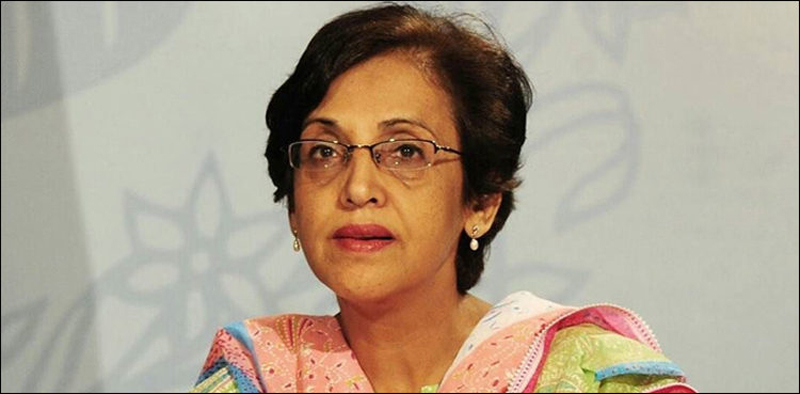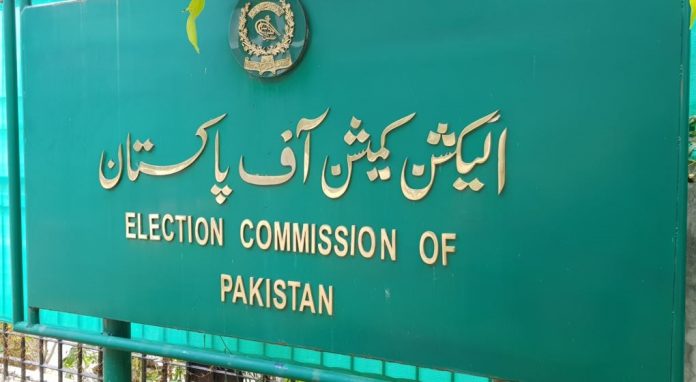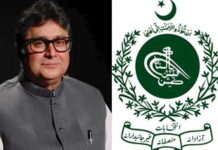
A large number of representatives of the federal and provincial governments including those of financial institutions, law enforcement and other implementing agencies attended the event held at the Ministry of Foreign Affairs, said a news statement issued by the Foreign Office.
On the occasion, Foreign Secretary Tehmina Janjua underscored that Pakistan has managed to turn the tide in the fight against terrorism for which there are no parallels. She said it is important to further consolidate these gains through full implementation of the national action plan (NAP). She added that Pakistan also has to be mindful of fulfilling its international legal obligations including the implementation of the United Nations Security Council sanctions which have been adopted under Chapter VII of the UN Charter.
The foreign secretary hoped that the guidelines will assist all stakeholders in better discharging their responsibilities for the effective implementation of the UN sanctions. The guidelines have been prepared by the National Committee for Overseeing Implementation of Sanctions against individuals and entities designated by the UN Security Council 1267 Al Qaida/Da’esh sanctions regime and Security Council 1988 (Taliban sanctions regime). The move aims at seeking removal of Pakistan’s name from the Financial Action Task Force’s (FATF) ‘grey list’. Pakistan has been on the grey list since June last year for failing to curb terror financing. In February, the FATF – an inter-governmental body whose purpose is development and promotion of policies, at national and international levels, to combat money laundering and terror financing – expressed dissatisfaction with Islamabad’s efforts to implement its plan of action to get its name removed from the grey list.













